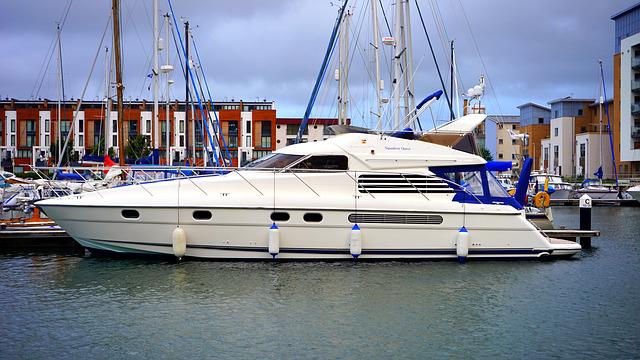A Guide to Understanding Marine Aluminum Grades and Properties
alloys
Due to the extremely corrosive nature of water, particularly saltwater, many individuals rely on marine aluminum to protect their various seafaring vessels and structures, such as ships, submarines, and oil rigs. But what makes marine grade aluminum different from standard variants, and why is it specifically used for water-based machinery and components? Here’s a guide to understanding marine grade aluminum at its core, and what makes it such a vital part of seafaring infrastructure.
What is Marine Grade Aluminum?
Standard aluminum is widely recognized for its high natural resistance to corrosion, but as stated before, saltwater can challenge even the toughest types of pure aluminum. And, because these vessels are being constantly exposed to water, there’s a significant need for additional protection, and that is where marine grade aluminum comes in. As opposed to pure aluminum, marine grade is usually alloyed with other metals such as magnesium, to build an even higher resistance to corrosion.
Because of this unique pedigree, aluminum is often regarded as the best metal to use in saltwater. Its properties are known to cover a lot of bases needed for the protection of marine-based machinery. Some of these properties include:
- Unmatched resistance to corrosion from saltwater
- Compatibility with multiple fabrication processes and procedures
- Availability in sheets, plates, grades, and extrusions
- Incredibly lightweight with a fantastic strength-to-weight ratio
Common Properties and Grades of Marine Aluminum
Here are some of the more common properties and grades of marine aluminum, and what makes them such a viable choice:
- 5083 – This aluminum alloy is a fantastic choice when corrosion resistance is needed in particularly hostile environments. It is among the strongest aluminum alloys and has the ability to maintain strength even after welding.
- 5086 – 5086 marine grade aluminum is highly conductive and has an incredibly strong resistance to corrosion. This alloy can also be further strengthened through strain hardening and cold working.
- 6061 – Used for marine fittings and hardware, 6061 contains magnesium and silicon for a precipitation-hardened alloy. This marine grade aluminum alloy has tremendous weldability, good mechanical properties, and is one of the most common alloys for general purpose use.
- 5454: AL 5454 is a preferred alloy for marine applications and subwater use. Boasting better plasticity, good formability, and corrosion resistance, 5454 works well in seawater and other environmental conditions, with additional applications including pressure vessels, welded structures, and offshore masts.
- 5456: Used for structural applications, including saltwater storage tanks, pressure vessels and more, AL 5456 is one of the more stronger marine-grade aluminums. For example, 5456 plates offer high resistance to corrosion, leading to improved ship durability and safety.
Applications of Marine Grade Aluminum
There are many applications of marine grade aluminum, which range from vessel and cruise ship frames to the wiring and hardware devices within these watercraft. Aluminum honeycomb panels are another viable product for marine use, as they contain many beneficial properties such as:
- Low weight and high strength
- High rigidity and vibration damping
- High resistance to impacts
- Good insulation from heat and sound
- Can be fabricated to various thicknesses
Alloys International Inc.
Looking for the best and highest quality marine grade aluminum? Alloys International has got you covered. We’re a metal supply company specializing in difficult specs, rare grades and custom conversion of materials to meet your exact needs.
We specialize in a variety of marine aluminum alloys, such as 5083, 5086, 5454, and 5456 among others. Contact us today to learn more about our products, or for general comments or inquiries.




